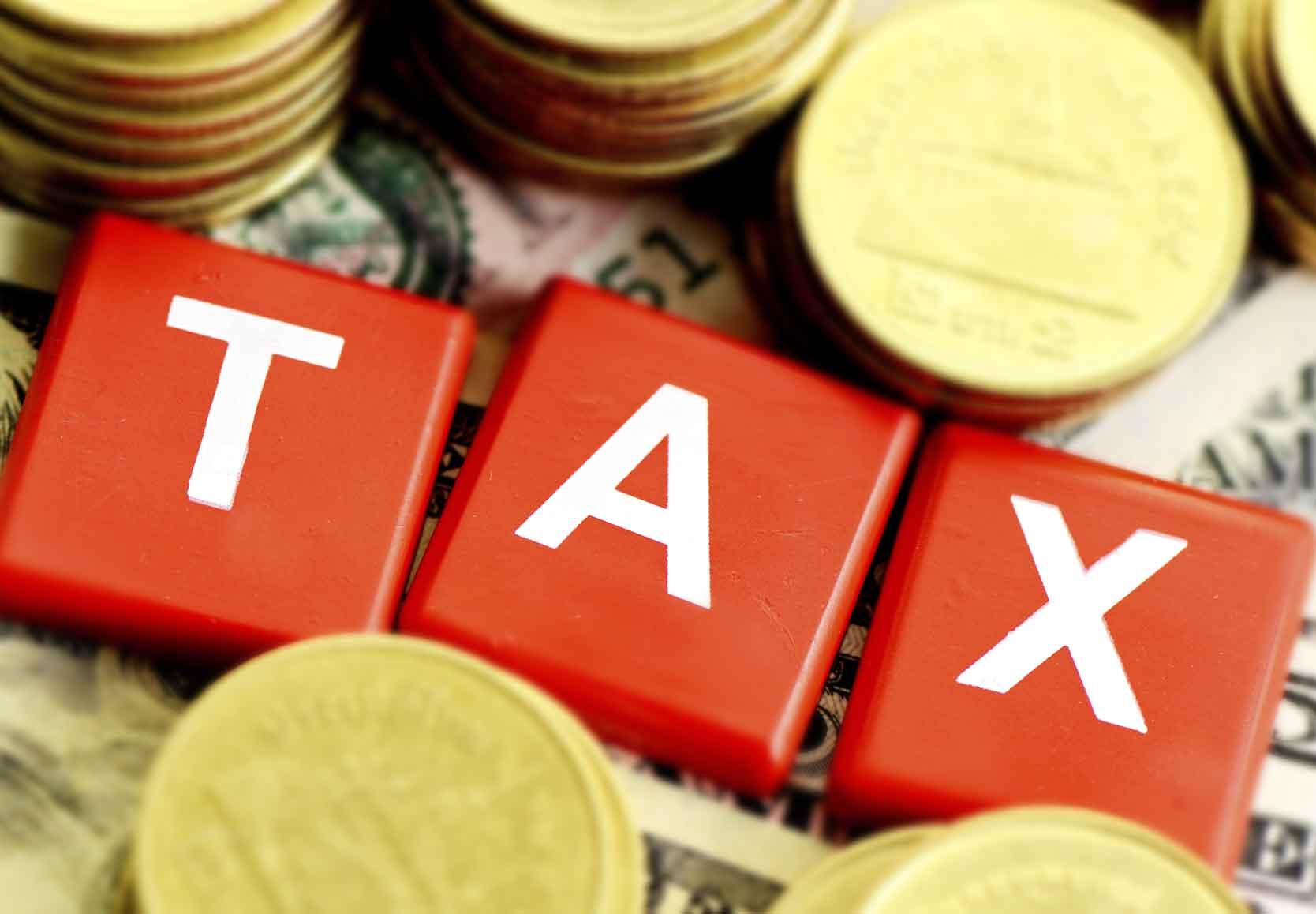

Muscat: The Government Communication Center (GC) has announced that selective tax will be introduced on tobacco and its derivatives, pork and meat products, alcoholic beverages, energy drinks and soft drinks from June 15.
The Secretariat General of Taxation has started an awareness campaign in governorates of the Sultanate to inform employers about the mechanism for applying the selective tax and the requirements for disclosure of the stock of selective goods.
The Secretariat General of Taxation has prepared a number of guidelines to be followed in the application of the tax in the transitional period before the date of implementation of the law from June 5 as stipulated in Royal Decree No (23/2019) granting 90 days of the law to apply the tax.
The bulletin states that persons with a stock of selective goods must disclose the size of the stock and pay the tax due within 15 days from the date of application. Those who have a stock of selective commodities will have to prepare the inventory of each commodity subject to selective tax at the end of the day on June 14. They should prepare a list of these goods with details name description of the product, product code the barcode), quantity and sale price.
The circular stated that an interim declaration must be submitted through the portal of the Secretariat General for Taxation. The submission must be made electronically through the filling of the required fields as per the instructions provided on the portal and the maintenance of all records and books that confirm the validity of the statements in the transitional declaration- stock movement record, purchase invoices from suppliers, daily sales record of selective goods, etc.
The failure to submit the interim declaration (declaration of inventory) or submission, including incorrect data contrary to the law of selective taxation will lead to the imposition of sanctions and penalties provided by law to the perpetrator of the violation.
Selective Tax will be levied on prices of tobacco and its derivatives (100 per cent), energy drinks (100 per cent); alcoholic beverages (100 per cent); pork (100 per cent) and carbonated soft drinks (50 per cent), according the government communications centre. Energy drinks means any beverages, which may contain stimulants or give mental or physical stimulus.
The Budget 2019 had indicated introducing the selective tax on certain commodities to revitalise non-oil revenues. The statement said an increase in the prices of goods that come under the selective tax before its date of implementation will be considered as an offence.
Any case of increase in the prices of these products before the law comes into force can be reported at
The Public Authority for Consumer Protection (PACP) via Hotline (80079009 or 80077997). The Selective Commodity Tax Law comes as a result of the GCC Standard Agreement on Selective Tax, issued in 2016. This tax shall be levied on goods that pose risks to public health or the environment in varying proportions. Why selective tax?
Selective taxation seeks to achieve a set of objectives, the most important of which is to encourage a healthy lifestyle through changes in the consumption pattern of individuals. It is also aimed at raising additional revenues, which can be used to promote health and social services.
The National Health Survey (NHS), conducted by the Ministry of Health and covered more than 9,000 people, revealed a number of risk factors affecting health and society. There has been an increase in the proportion of people with diabetes during the last ten years (from 2008 to 2018) to more than three per cent, and the survey points to the addition of more than 7,500 diabetes patients in the Sultanate annually.
The survey also revealed that 8.5 per cent of adults aged 18 years or over are currently using or smoking tobacco. More Omani males are getting exposed to secondhand smoke at home or at work. On May 31, 2018, the Council of Ministers referred the draft law to the Council of Oman. The State Council and Majlis Ash’shura approved the draft law and submitted it to the Supreme Court in July 2018. The two councils held a joint session to discuss and approve the articles of disagreement in November 2.
Oman Observer is now on the WhatsApp channel. Click here



